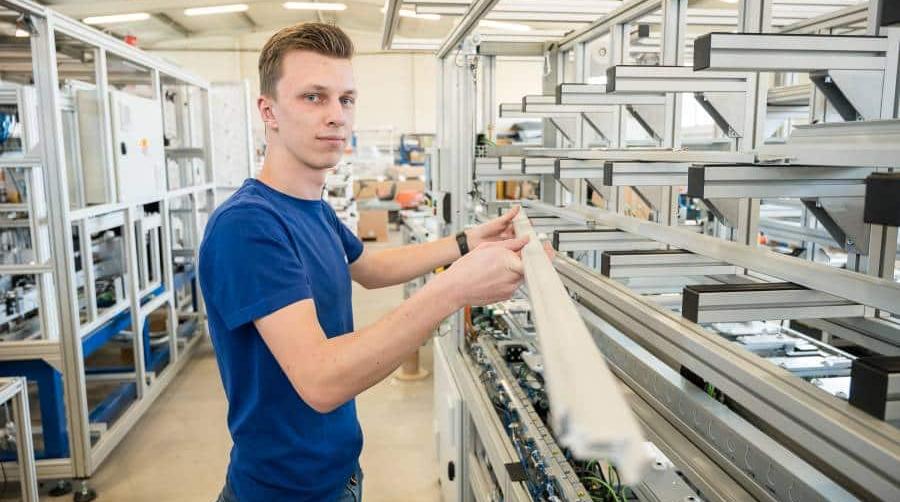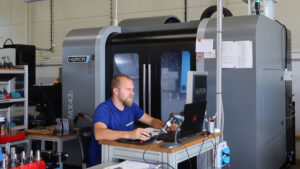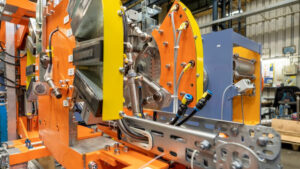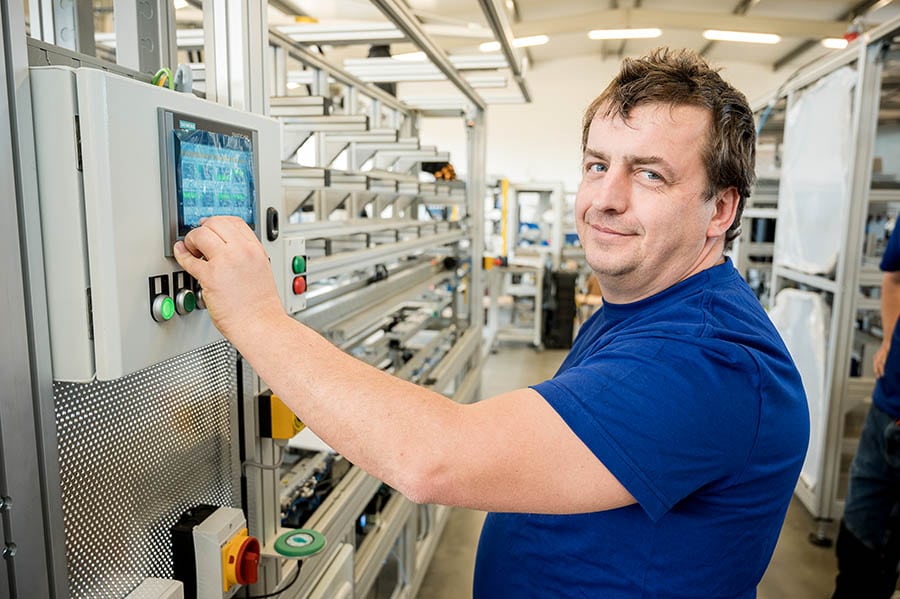When we ask our customers why they want to set up or have already set up an automated line or workstation for a particular operation, most responses are related to the human factor.
For example:
"We needed to be more competitive with our products on the market, and we can only increase the productivity of a particular operation by using a robotized workplace that not only significantly speeds up the operation while ensuring consistent high quality, but also allows to replace the work of 4 operators in three-shift operation. A few months ago, we installed a new assembly line for a seat belt in a car, and we financed the initial investment by saving the costs we had saved on another line that we had automated before."
Or:
"Due to the lack of quality operators on the market, we were forced to employ unqualified agency workers from other countries. We faced increased recurrent training costs due to higher turnover, and we had to replace them operationally with other lines, etc. Given the long-term unsustainability of this situation, which has affected not only the efficiency of production but also the satisfaction of our tribal employees, we have decided to automate the entire production line fully. Today we need qualified tribal workers in one shift instead of 20 unqualified agency operators on the line to serve the entire process, who have also achieved higher valuations."
Another example:
Assembly line for screwing car seats. The worker initially tightened the screws at this work with the pneumatic screwdriver in his hand. More precisely, it was three workers in three shifts. The project aimed to robotize the single-operator screw workplace in three-shift operation and, at the same time, by incorporating automatic quality control of the operation, reduce the risk of error caused by the human factor. At the same time, the process was accelerating the return on investment.
So the benefits of automation are not just endlessly repeated productivity gains, efficiency, savings, traceability, etc. But an intelligent approach to this issue is also changing the staffing market fundamentally, causing the need for reskilling workers, making better use of their potential for the benefit of the firm, improving the working environment in general, which is changing dramatically, which also leads to the possibility of better evaluation and overall satisfaction of employees, among other things.
There is great pressure to cut costs, shortages, and production delays in all industry sectors. When we look at the trends in, for example, the automotive industry, where most CZ automotive customers operate, it is transparent that innovative and efficient production automation is the only way to respond to new trends and market demands.
The automotive industry is undergoing revolutionary changes, which may pose an existential threat to many suppliers, especially if they cannot significantly increase the manufacturing program's flexibility and speed of change. The expected electrification will result in the obsolescence of entire categories of standard components. One can expect increased interest in modularity, personification, much shorter "life cycle.” This, incidentally, is and will be a trend that is not just for the car industry but can already be seen in other sectors of production and everyday needs - the life cycle is getting dramatically shorter, and we want to make a distinction between having 'something else' that would only be made for us...
How can firms in the automotive sector, and not only the automotive industry, cope with such uncertainty? Change the overall approach not only to the production process itself but also to how they use capacity and human potential in production. So, it's not just a question of deploying a robot to an operation and replacing a few workers; it’s about the overall adaptability of the employee to a new way of production. It is not only the employer's responsibility, but it will become increasingly important for individual employees to have the effort and feel the need to respond flexibly to changing trends and technologies.
Concerns that automation, robotization, and digitalization will take people’s jobs, a question that is constantly and infinitely contested (unfortunately still media-popular), are unnecessary, odd, and misleading ... do not take and do not take; on the contrary, they allow businesses to thrive in tough competition, retain and create jobs, giving people the opportunity to get more functional, less arduous, more productive work that entertains them.




